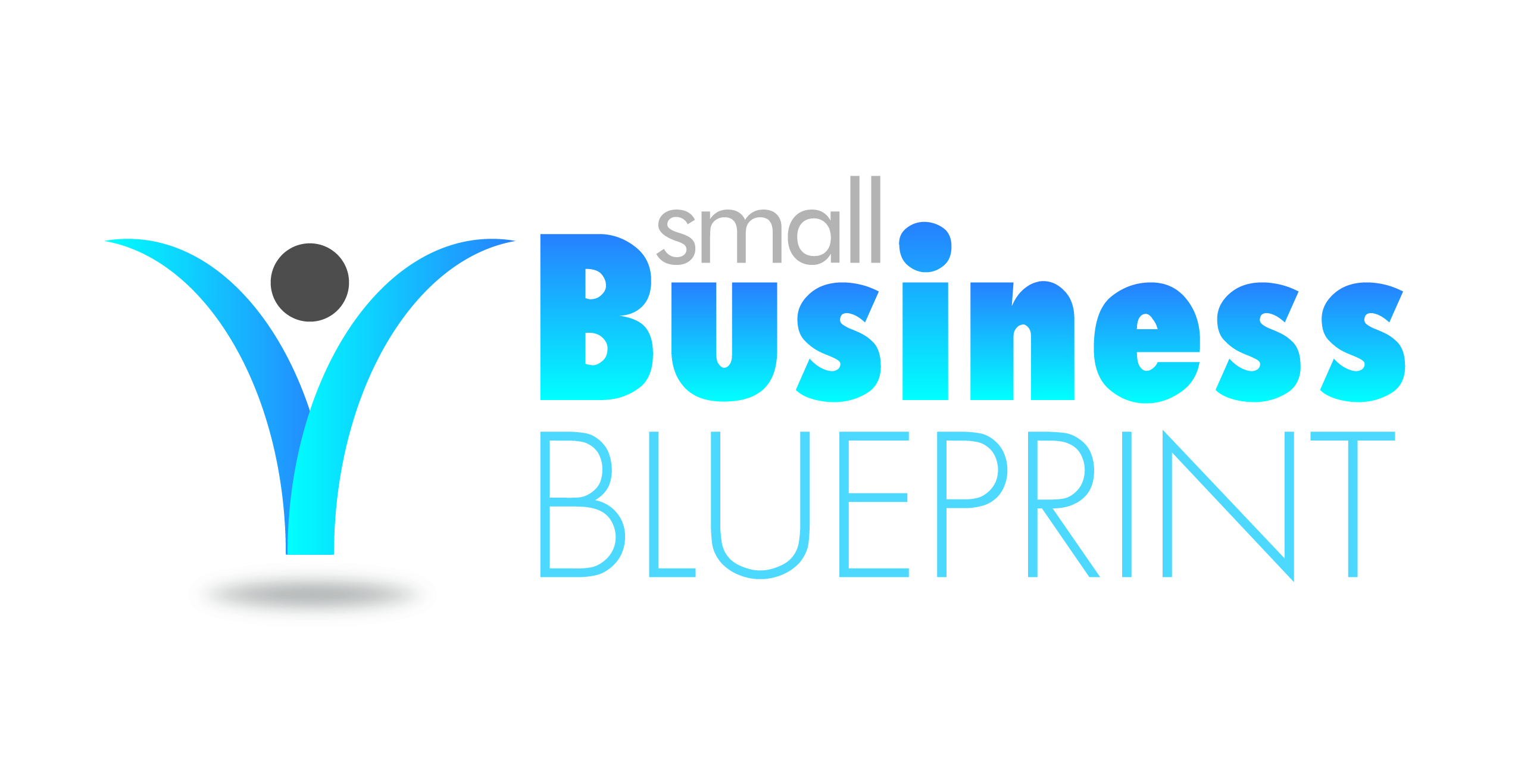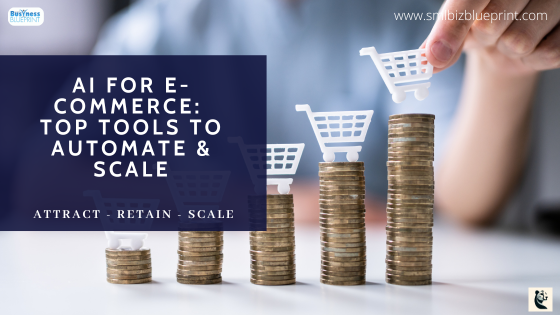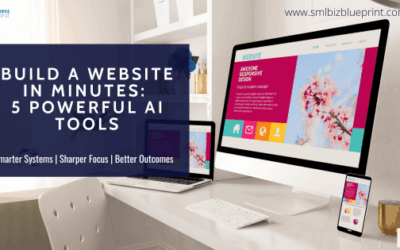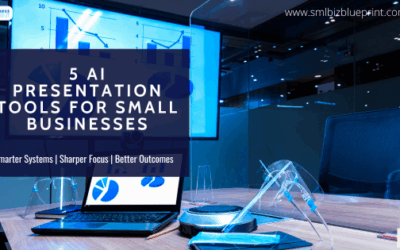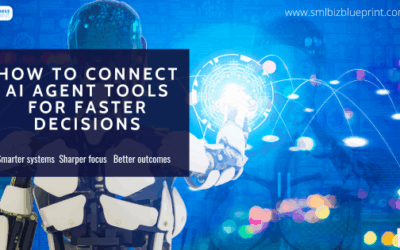Today, e-commerce businesses must leverage AI-powered tools to remain competitive.
These tools enhance customer engagement, streamline operations, and boost sales by automating key business functions.
The right AI solutions can revolutionise your online store, from AI-driven chatbots that handle customer inquiries to advanced email marketing automation.
This post will explore the best AI tools for e-commerce, covering their key features, benefits, and ideal use cases to help you make informed decisions.
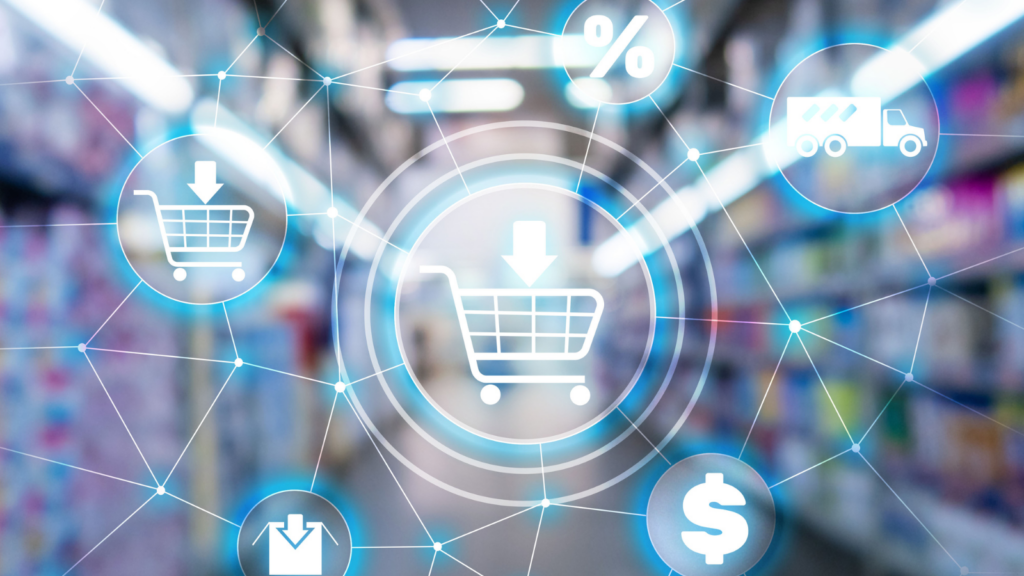
#1 AI-Powered Chatbots & Customer Support
Drift
Overview
Drift is an AI-powered chatbot designed to automate customer engagement, answer queries, and improve conversion rates.
Key Features:
AI-driven chatbots with conversational capabilities.
Live chat integration for real-time assistance.
Lead qualification to boost conversions.
24/7 availability to handle queries.
Pros:
✅ Reduces response time and improves customer satisfaction.
✅ Automates FAQs and lead generation.
✅ Seamlessly integrates with CRM and email platforms.
Cons:
❌ Struggles with complex inquiries.
❌ Premium pricing for advanced features.
Ideal Use Cases
Handling customer support inquiries.
Assisting customers with product selection.
Capturing leads through conversational marketing.
Tidio
Overview
Tidio is a budget-friendly chatbot solution that provides automated responses and live chat options for e-commerce businesses.
Key Features
AI chatbots for instant responses.
Integrations with Shopify, WooCommerce, and other platforms.
Live chat with human takeover.
Customisable chat widgets.
Pros
✅ Affordable for small and medium businesses.
✅ Easy to set up with pre-built chatbot templates.
✅ Provides multilingual chatbot support.
Cons
❌ Limited advanced automation features.
❌ Requires manual fine-tuning for complex queries.
Ideal Use Cases:
Small e-commerce stores needing basic chatbot automation.
Businesses looking for an affordable live chat alternative.
#2 AI-Powered Product Recommendations
Nosto
Overview:
Nosto delivers AI-driven personalised product recommendations based on customer behaviour.
Key Features
Dynamic product recommendations in real-time.
AI-driven personalisation based on browsing habits.
Upselling and cross-selling automation.
A/B testing capabilities.
Pros
✅ Boosts conversion rates by personalising shopping experiences.
✅ Works across web, email, and mobile platforms.
✅ AI-powered segmentation for targeted marketing.
Cons
❌ Requires historical sales data for accuracy.
❌ Premium pricing for advanced analytics.
Ideal Use Cases
E-commerce stores looking to increase average order value (AOV)
Businesses wanting AI-driven upselling strategies
Recombee
Overview:
Recombee provides AI-based recommendations that dynamically adjust based on user behaviour.
Key Features:
Context-aware recommendations.
API integration for full customisation.
Machine learning algorithms that adapt over time.
Real-time data analysis.
Pros:
✅ Fully customisable recommendation engine.
✅ Works across multiple industries and platforms.
✅ Provides hyper-personalized user experiences.
Cons:
❌ Requires developer support for integration.
❌ Might be overwhelming for beginners.
Ideal Use Cases:
Businesses needing custom recommendation algorithms.
E-commerce platforms wanting highly adaptive product suggestions
Ready to level up your business?
Sign up for our newsletter and get expert tips delivered weekly
#3 AI-Powered Inventory & Demand Forecasting
Inventory Planner
Overview:
Inventory Planner uses AI to forecast demand and optimise stock levels
Key Features
AI-powered demand forecasting.
Automated purchase order recommendations.
Trend and seasonality analysis.
Pros:
✅ Reduces stockouts and overstocking.
✅ Helps in managing seasonal demand shifts.
✅ Increases cash flow efficiency.
Cons:
❌ Requires accurate past sales data for best results.
❌ Advanced features need a learning curve.
Ideal Use Cases:
Managing large SKU catalogues
Preventing excess inventory costs
Flieber
Overview:
Flieber is an AI-driven inventory optimisation tool for multi-channel e-commerce businesses.
Key Features:
AI-powered sales forecasting.
Real-time inventory tracking.
Multi-channel order management.
Pros
✅ Improves demand forecasting accuracy.
✅ Supports multi-channel inventory control.
✅ Automates replenishment to prevent stockouts.
Cons:
❌ Requires consistent data input for optimal performance.
❌ Subscription costs may be high for smaller businesses.
Ideal Use Cases:
Multi-channel e-commerce businesses.
Stores looking for AI-powered inventory insights
#4 AI-Powered Copywriting & Content Generation
Jasper
Overview:
Jasper is an AI-driven copywriting tool that helps generate high-converting product descriptions, emails, and ads.
Key Features:
AI-generated product descriptions, ad copy, and social media posts.
Custom tone settings for brand consistency.
SEO optimisation suggestions for better ranking.
Fast content creation for marketing campaigns.
Pros:
✅ Saves time on content creation.
✅ Helps maintain brand tone across all platforms.
✅ Improves SEO ranking with optimised content.
Cons:
❌ AI-generated content may require manual editing.
❌ Subscription costs may not suit all businesses.
Ideal Use Cases:
Writing SEO-optimized product descriptions at scale.
Creating AI-generated blog posts and ad copy.
Automating content creation for e-commerce marketing.
Copy.ai
Overview:
Copy.ai helps businesses quickly generate engaging and persuasive copy using AI-powered writing templates.
Key Features:
AI-powered content templates for marketing.
Supports blog posts, product descriptions, and ad copy.
Tone customisation for brand voice consistency.
Pros:
✅ Great for brainstorming and quick content creation.
✅ Offers a variety of copywriting templates.
✅ Affordable pricing for small businesses.
Cons:
❌ Content may need human refinement.
❌ Less advanced customisation compared to Jasper.
Ideal Use Cases:
Generating ad copy and marketing emails.
Writing product descriptions quickly.
Crafting AI-assisted blog and social media content.
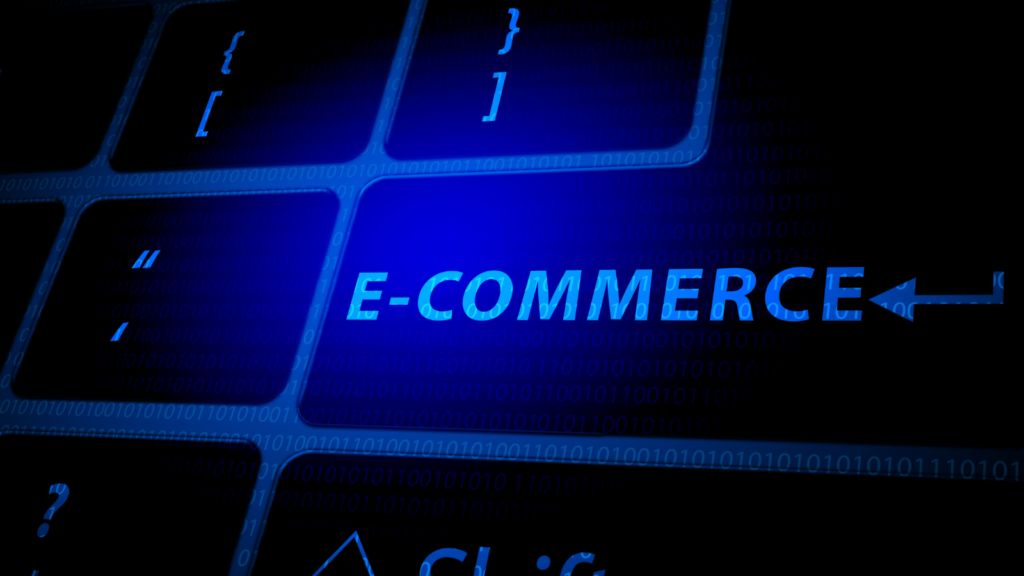
#5 AI-Powered Email Marketing Automation
Klaviyo
Overview:
Klaviyo is an AI-driven email marketing platform tailored for e-commerce businesses, enabling hyper-personalized campaigns based on customer data.
Key Features:
AI-driven email segmentation and automation.
Personalised email flows based on browsing and purchasing behaviour.
Dynamic product recommendations in emails.
Predictive analytics for customer lifetime value and churn.
Pros:
✅ Increases email engagement and conversions.
✅ Automates customer retention efforts.
✅ Integrates with Shopify, WooCommerce, and other e-commerce platforms.
Cons:
❌ Can be pricey as the email list grows.
❌ Advanced features may have a learning curve.
Ideal Use Cases:
Automating cart abandonment emails.
Creating personalised post-purchase follow-ups.
Running targeted promotional campaigns.
Omnisend
Overview:
Omnisend provides AI-powered email and SMS marketing automation for e-commerce businesses.
Key Features:
AI-driven email segmentation.
Multi-channel automation, including SMS & push notifications.
Pre-built templates for quick setup.
Pros:
✅ Offers multi-channel marketing automation.
✅ Pre-built templates for quick setup.
✅ Affordable compared to competitors.
Cons:
❌ Basic plan has limited automation features.
❌ May lack advanced analytics.
Ideal Use Cases:
Small to mid-sized e-commerce brands.
Businesses wanting omnichannel marketing automation.
Conclusion
AI-powered tools are essential for e-commerce businesses looking to increase revenue, streamline operations, and enhance customer experiences.
These solutions give businesses a competitive edge, from chatbots to inventory forecasting and email automation.
Transform your business with insights that matter.
Subscribe to Pulse for exclusive strategies designed to drive your success.
Join Pulse Now
FAQs
Q1: How can AI chatbots improve e-commerce customer service?
A1: AI chatbots provide instant responses to customer inquiries, automate order tracking, and help guide users to the right products, improving customer satisfaction and reducing support costs.
Q2: What are the benefits of AI-powered product recommendations?
A2: AI-driven product recommendations personalise the shopping experience, increase conversion rates, and boost average order value by suggesting relevant items to customers.
Q3: How does AI help with inventory management?
A3: AI-driven inventory forecasting tools prevent stockouts and overstocking, helping businesses optimise their inventory based on demand trends and historical data.
Q4: Can AI improve email marketing for e-commerce?
A4: Yes, AI-powered email marketing tools segment audiences, automate personalised email campaigns, and predict customer behaviours to enhance engagement and sales.
Q5: Are AI tools expensive for small e-commerce businesses?
A5: Many AI tools offer scalable pricing models, making them accessible to small businesses. Options like Tidio and Omnisend provide budget-friendly solutions.
Q6: Do AI tools require technical expertise to implement?
A6: Some AI tools need minimal setup and offer user-friendly interfaces, while others may require developer support for advanced customisation.
Q7: What’s the best way to integrate AI into my e-commerce business?
A7: Begin with AI chatbots or product recommendation engines to enhance customer experience and gradually implement AI-driven inventory and marketing tools.
Other Articles
Business Growth vs. Scaling: Key Differences & Best Strategies
Best AI Tools for Content Creation: 7 Must-Try Solutions to Boost Your Workflow Today
